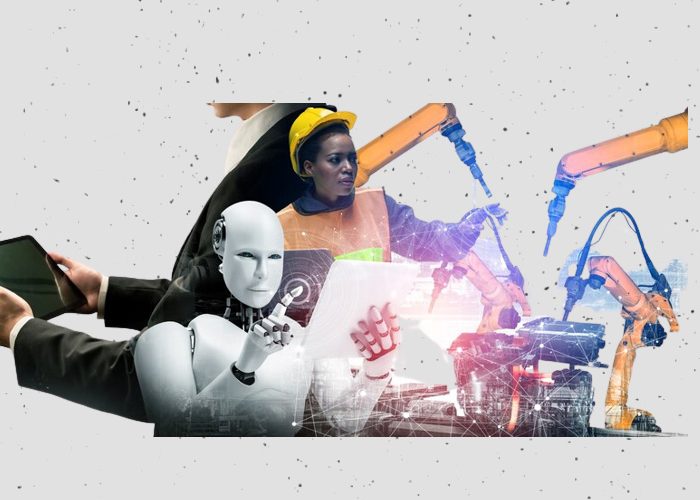
The Impact of Digitalization on the Manufacturing Sector in India: Opportunities and Challenges
Introduction
Digitalization has transformed various industries across the world, including the manufacturing sector in India. The adoption of digital technologies has brought significant changes to the way businesses operate, communicate, and compete. It has not only improved the efficiency and productivity of manufacturing processes but has also led to the creation of new business models and revenue streams.
With India being one of the fastest-growing economies in the world, the impact of digitalization on the manufacturing sector is crucial for the country’s economic growth. In this article, we will explore the different ways in which digitalization has impacted the manufacturing sector in India, including the challenges it presents. We will also delve into the role of technology in the future of the manufacturing industry and how businesses can leverage it to stay competitive in the ever-evolving market.
What is Digitalization?
Digitalization refers to the use of digital technologies to transform traditional business processes and operations. It involves the use of advanced technologies such as artificial intelligence, robotics, the internet of things, and cloud computing to increase efficiency, productivity, and profitability.
Digitalization has brought about significant changes across various sectors, including manufacturing. By embracing digital technologies, manufacturing companies in India have the opportunity to increase their competitiveness, improve their operations, and create new business models.
The Impact of Digitalization on the Manufacturing Sector in India
Digitalization has had a significant impact on the manufacturing sector in India, and the following are some of the ways it has transformed the industry:
1. Increased Efficiency
Digitalization has led to increased efficiency in the manufacturing process by automating repetitive tasks and reducing manual intervention. This has resulted in higher productivity and reduced costs, which has made the industry more competitive.
2. Improved Quality Control
The use of digital solutions has enabled manufacturers to improve their quality control processes. They can now use sensors and analytics to monitor the production process in real-time, identify any defects, and take corrective action immediately. This has resulted in improved product quality and customer satisfaction.
3. Enhanced Supply Chain Management
Digitalization has enabled manufacturers to optimize their supply chain management by using real-time data to monitor inventory levels, track shipments, and identify any bottlenecks. This has resulted in reduced lead times, improved delivery times, and better collaboration between suppliers and manufacturers.
4. Increased Flexibility
The use of digital solutions has made manufacturing processes more flexible by enabling quick reconfiguration of production lines and customization of products. This has enabled manufacturers to meet changing customer demands and remain competitive.
5. Improved Safety and Sustainability
The use of digital solutions has improved safety and sustainability in the manufacturing sector by enabling predictive maintenance and reducing waste. Manufacturers can now use real-time data to identify potential equipment failures and take preventive action, reducing the risk of accidents. They can also use data analytics to identify areas where waste can be reduced, leading to a more sustainable manufacturing process.
Challenges of Digitalization in the Manufacturing Sector in India
While digitalization has brought many benefits to the manufacturing sector in India, it also poses some challenges. The following are some of the challenges:
1. High Initial Investment
Digitalization requires a high initial investment in technology and infrastructure. This can be a barrier for small and medium-sized enterprises, limiting their ability to adopt digital solutions.
2. Lack of Skilled Workforce
The adoption of digital solutions requires a skilled workforce capable of managing and maintaining the technology. However, there is a shortage of skilled workers in the manufacturing sector in India, making it challenging to adopt digital solutions.
3. Cybersecurity Risks
The adoption of digital solutions also brings cybersecurity risks. With the increasing use of connected devices and the internet of things, manufacturers are vulnerable to cyber-attacks. This can result in a loss of sensitive data and disrupt the manufacturing process.










